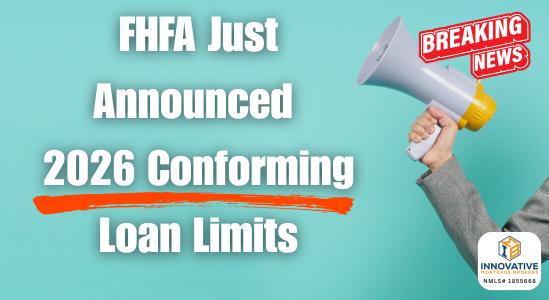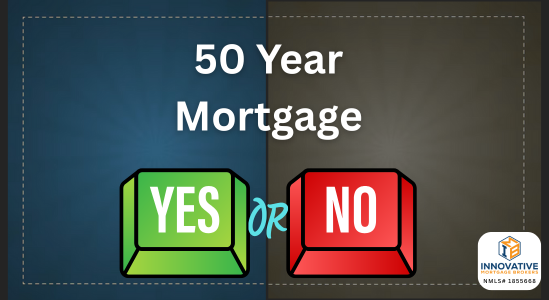What The New 2026 Conforming Limits Mean for Homebuyers and Homeowners in PA and FL…
The Impact of the Fed Rate on Your Mortgage

You may have heard blips on the news about the federal interest rate. It can go up, down, or stay flat. While the immediate impact of these changes are not of interest to most consumers, the fed rate can have a long-term effect on the mortgage industry and your future home purchase. What is the fed rate and what impact does it have on your mortgage?
Understanding the Fed Rate
The federal interest rate is set by the Federal Reserve Bank and is the interest rate that banks use to lend to each other from within their reserves. It is set by the Federal Open Market Committee (FOMC) and potentially adjusted eight times each year.
When the economy slows down or experiences a recession, the fed rate tends to be adjusted down. This is meant to encourage banks, lenders, and ultimately consumers to spend more and put more money into the economy. On the other side, when the economy is on a rapid upswing, the Fed will raise the fed rate in an attempt to slow and stabilize the economy.
The Fed Rate and your mortgage
The impact of the fed rate raising or lowering can generally be seen in credit card interest rates pretty quickly. Because credit card interest rates are linked to the prime rate (the lowest interest rate that banks offer to their customers with the best credit), which is linked to the fed rate, these rates go up and down with the fed rate.
Mortgages, however, are longer-term products and many have fixed rates over their 30-year term. The interest rate that you are able to get for a fixed 30-year mortgage will not change in those 30 years. So even if the fed rate goes up or down within that time, your mortgage is not impacted. While the fed rate does not impact the mortgage industry as much as others, a healthy economy will have an impact on lenders willingness to loan money to home buyers.
If rates decrease during your mortgage term, you may be able to refinance to the lower rate. Many factors go into that decision, including how much longer you have to pay off your current loan, the equity that you have in your home, and your overall financial stability and credit.




